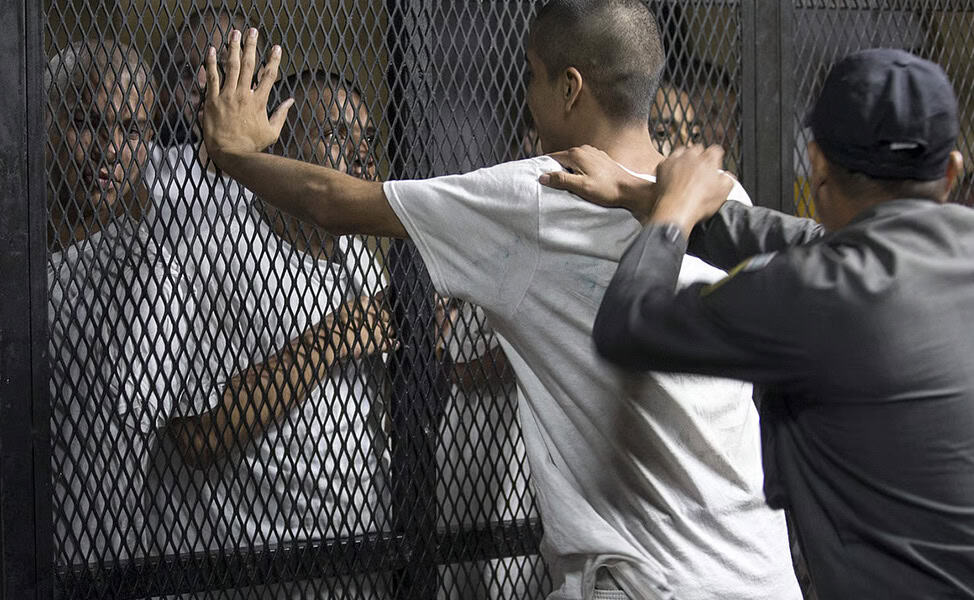Gang members rioted this Friday in two prisons in Guatemala and took several guards and civilian employees hostage, a week after uprisings in which a guard was killed, the government reported. Last Saturday, police regained control of several prisons in the country after gang members had been rioting for several days, causing the death of a guard.
Authorities attribute the riots to the recent transfer of leaders from the Barrio 18 and Mara Salvatrucha gangs to a maximum-security prison.
“The Ministry (of the Interior) is already handling the kidnapping of these people by these detained groups, and we trust it will resolve the situation as it has in previous cases,” President Bernardo Arévalo told reporters.
Interior Minister Francisco Jiménez explained that the incidents are occurring in the Fraijanes prison, in a town near the capital, and in Boquerón, 65 km east of Guatemala City.
“The kidnappings that occurred today (Friday) are desperate attempts by gang members seeking to draw attention and pressure the state to recover their leaders” transferred to the maximum-security prison Renovación I, the minister said.
“Our priority is to protect the lives of the hostages and restore order, without giving an inch to these criminals,” he added on his X account, without specifying the number of hostages, which include guards and staff from a company that supplies food to inmates.
Jiménez stated that despite the riots, the gang leaders will remain in the maximum-security prison. The riots began after July 31, when five leaders of Barrio 18 and five from Mara Salvatrucha were relocated to Renovación I, where they are isolated and have no access to cell phones.
The Barrio 18 and Mara Salvatrucha gangs—the latter declared a terrorist organization by the United States—compete for control of territories in Guatemala, where they extort shopkeepers, transport workers, and other citizens. Those who refuse to pay are killed.
These gangs also operate in Honduras, while in El Salvador President Nayib Bukele has imprisoned thousands of alleged gang members since March 2022 under a state of emergency that has been criticized by human rights groups, which denounce a series of arbitrary detentions.






